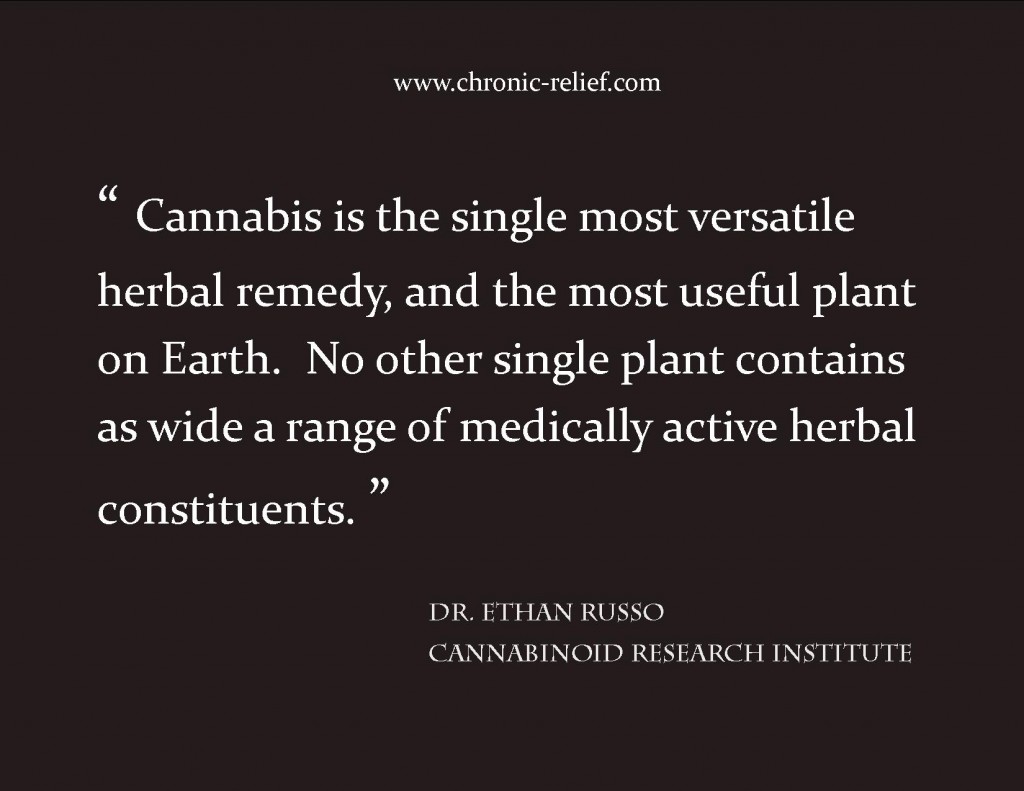The New England Journal of Medicine recently reported that 76% of doctors surveyed said that they would approve of medical cannabis use.
The authors of the article write, “We were surprised by the outcome of polling and comments, with 76% of all votes in favor of the use of marijuana for medicinal purposes — even though marijuana use is illegal in most countries. A total of 1446 votes were cast from 72 countries and 56 states and provinces in North America, and 118 comments were posted. However, despite the global participation, the vast majority of votes (1063) came from the United States, Canada, and Mexico.”
 The vigorous debate among those who commented for and against the use of medical cannabis is fascinating to read. Three things really have emerged from this article for me:
The vigorous debate among those who commented for and against the use of medical cannabis is fascinating to read. Three things really have emerged from this article for me:
Lack of Information on Medical Cannabis
Most doctors are not well educated about cannabis. They have been trained that cannabis has no therapeutic value. Thus, many are skeptical about cannabis – especially when smoked or vaporized. To be fair, there is a gross lack of scientific information about cannabis dosing, real risks, benefits and side effects. This is a new field of study that has more questions than answers. The Schedule 1 classification of cannabis profoundly hampers the ability to get research approved to answer such questions.
Because of the Schedule 1 classification research must be approved by the National Institute Against Drug Abuse. The word “against” in their title indicates that they are not generally inclined to fund projects to help understand cannabis as a therapeutic . They prefer to fund things that could prove the opposite. As an aside, what if their name was National Institute of Drug Discovery? Maybe that would make it easier for research to take place so we can get some tangible answers to all the important question needed to help effectively treat disease with cannabis – or not.
Demonization of Risks & Side Effects of Medical Cannabis
Many of the negative comments cited the possible risks and side effects associated with cannabis. That is an excuse not a good reason to consider it especially given that many of the drugs they prescribe have potentially horrible and life threatening side effects. There is no drug or food or supplement that comes without risk or possible side effects. Even breathing has risks – but I have to do it anyway to stay alive. Yes, cannabis has risks. Yes, it may have side effects. But name anything else you might prescribe or suggest that doesn’t. You cannot. Cannabis is one of the safest drugs available. The side effects are minimal and generally go away quickly. Persons who have had a previous bad experience with cannabis, elderly who risk fracture from a fall as a result of dizziness and those with cardiac or psychotic issues should take extra precautions or avoid cannabis.
The Double Edge Sword – Prescribing Medical Cannabis
Cannabis is widely used as an anit-emetic, sleep aid, pain killer, appetite stimulant and anti-depressant. Most of what we know about medical cannabis is as a therapeutic agent to help relieve a chronic symptom. In this regard I think patients should be able to visit with their doctor openly and vice versa (without fear or retribution) about the benefits, risks and possible side effects of cannabis. From there it is the patient’s choice to move forward or not. I do not think a prescription is necessary for purchase. I support full scale legalization.
The other side of this sword is that fighting a disease is much more complicated than managing symptoms. When the goal is to change disease progression we are going to need more information. Anecdotal evidence as well as lab and animal research indicate that cannabis could change disease progression for many different diseases. But little has been to prove or disqualify this in human trials. Thus, we need good science and research on medical cannabis that has been proven in humans. Quality plant derived pharmaceuticals will surely follow. Either way patients need to be empowered to take a bigger role in their own healthcare to help make decisions that are good for them.
Help Educate Your Doctor
Doctors are being pulled to a fro. Their responsibilities and stresses are great. It is difficult for them to be all knowing in their field of medicine. For most doctors, medical cannabis was not part of their medical school curriculum. If it was it was not likely positive. That means that doctors are relying on medical journals, their peers and patients for their information or they are doing their own study. We can all appreciate that our doctor’s time is limited. You can support your doctor by sharing your own views and experiences with cannabis, and by providing links to important websites like www.MyChronicRelief.com and medical literature and articles pertinent to their expertise.
In Conclusion
The authors raise a great point at the end of their article “Common in this debate was the question of whether marijuana even belongs within the purview of physicians or whether the substance should be legalized and patients allowed to decide for themselves whether to make use of it.”
This blog was written by Nishi Whiteley of www.MyChronicRelief.com – an online guide to cannabis for the terminally and chronically ill.

Follow Us!